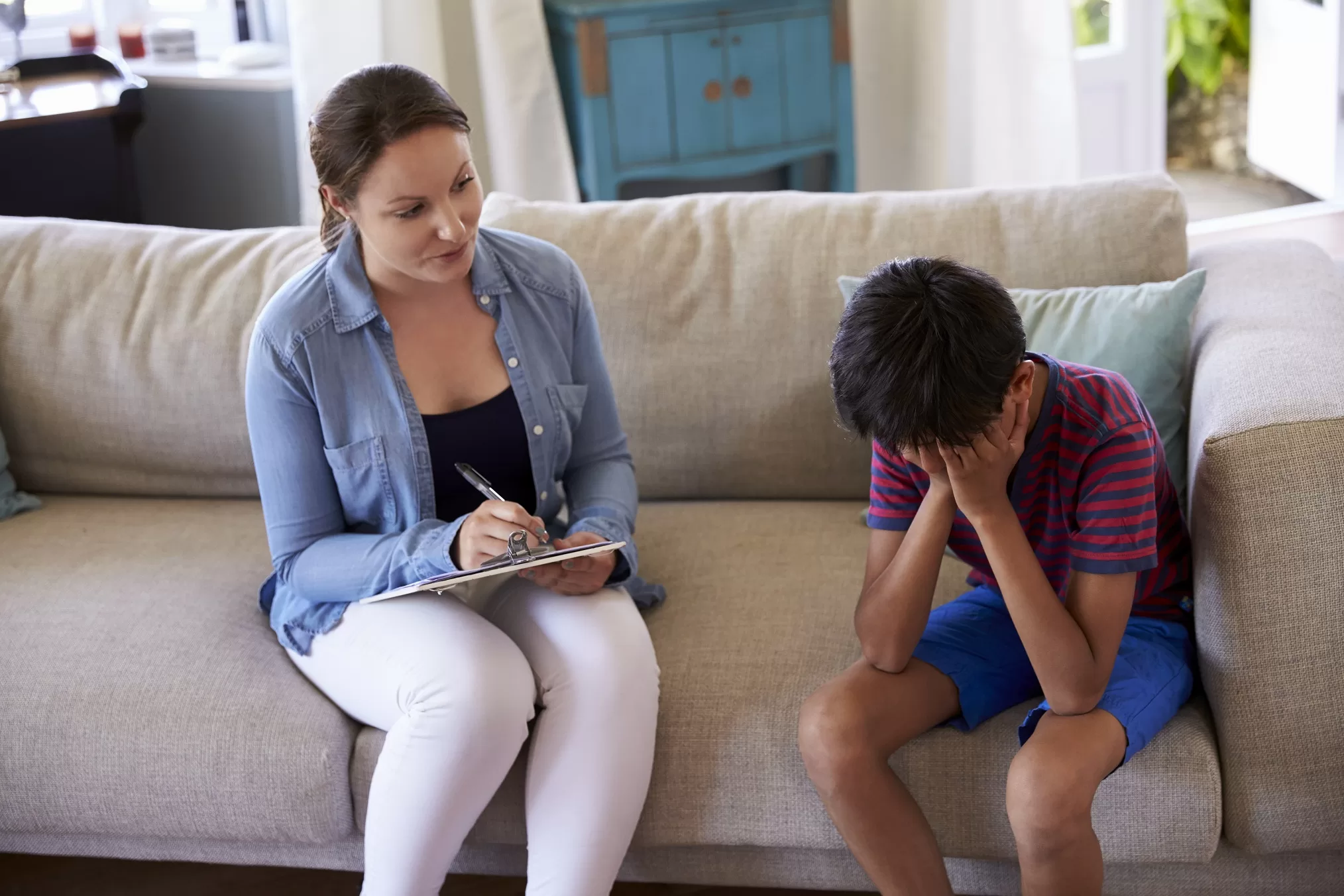Identifying Signs Of Stress In Your Children And Teens

Young people, like adults, experience stress.
Tuning into emotional or behavioural cues is essential in identifying potential problems.
It can come from many different places, like doing well in school, making and keeping friends, dealing with what they think their parents, teachers, or coaches want from them or dealing with the changes caused by the COVID-19 pandemic.
Some stress can be positive because it provides the energy to tackle a big test, presentation, or sporting event. Too much pressure, however, can create unnecessary hardship and challenge.
Parents can sometimes be unaware when their children or teens feel so stressed out that they can’t handle it. Tuning into emotional or behavioural cues is essential in identifying potential problems and working with your young person to provide guidance and support to work through difficult times successfully.
Here are some tips on ways to recognize possible signs of stress:
Watch for negative changes in behaviour
Young people of all ages, especially younger ones, may find it hard to notice and express themselves when stressed.
For children, stress can manifest itself through changes in behaviour. Expected changes can include:
- Acting irritable or moody
- Withdrawing from activities that used to give them pleasure
- Routinely expressing worries
- Complaining more than usual about the school
- Crying
- Displaying fearful reactions
- Clinging to a parent or teacher
- Sleeping too much or too little
- Eating too much or too little
Teens prefer spending more time with and confiding in peers is a normal part of growing up. Avoiding parents, abandoning long-time friendships for a new set of friends, or expressing excessive hostility toward family members may indicate that your teen is experiencing significant stress. While negative behaviour is not always linked to extreme stress, adverse behavioural changes are almost always a clear indication that something is wrong. Adults will want to pay attention to these behaviours and determine an appropriate response or intervention.
“Feeling sick” may be a sign of stress
Stress can also manifest in physical symptoms such as stomach aches and headaches. If a child makes excessive trips to the school nurse or complains of frequent stomachaches or headaches (when their physician has given them a clean bill of health), or if these complaints increase in certain situations (e.g., before a big test), that child may be experiencing significant stress.
Be aware of how your child or teen interacts with others
Sometimes a child or teen may seem like their usual self at home but act out in unusual ways in other settings. It is important for parents to network with one another so they can learn how their child or teen is doing in the world around them. In addition to communicating with other parents, being in contact with teachers, school administrators, and leaders of extracurricular activities can help parents tap into their child or teen’s thoughts, feelings, and behaviours and be aware of any sources of concern.
Listen and translate
Because children are often not familiar with the word stress and its meaning, they may express feelings of distress through other terms such as “worried,” “confused,” “annoyed,” and “angry.” Children and teens may also express feelings of stress by saying negative things about themselves, others, or the world around them (e.g. “No one likes me,” “I’m stupid,” “Nothing is fun.”). Parents need to listen to these words and statements and figure out why their child or teen is saying them and whether they indicate a source of stress.
Seek support
Parents, children, and teens do not need to tackle overwhelming stress on their own. If, as a parent, you are concerned that your child or teen is experiencing significant symptoms of anxiety regularly, including, but not limited to, those described above, it can be helpful to work with a licensed mental health professional, such as a psychologist. Psychologists are trained to help people figure out what’s wrong and come up with good ways to deal with overwhelming feelings of stress.

Hope Trust has a very experienced team of therapists available online or in person. Click www.hopetrustindia.com for an appointment.